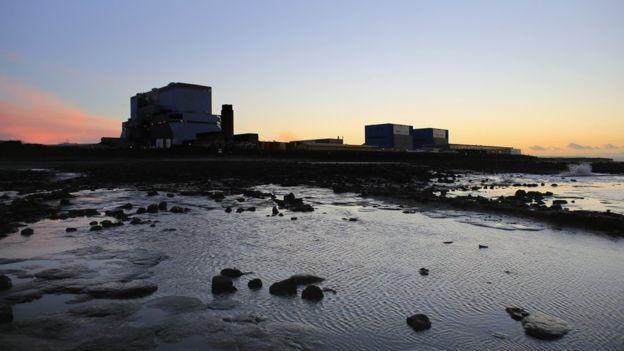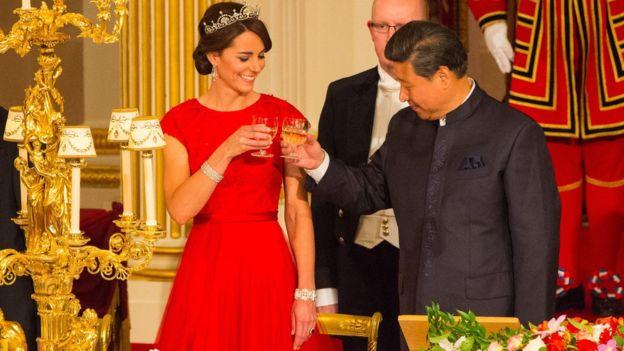
China’s President Xi Jinping is expected agree to contribute to Britain’s first nuclear power plant in a generation later, when he meets with David Cameron on the second day of his UK state visit.
China is likely to cover around 30 percent of the cost of the building of a nuclear power plant at Hinkley Point in Somerset, due to open in 2025. The plant will be built by French energy firm EDF, in conjunction with a consortium led by Chinese state-owned nuclear company CGN.

Whilst the government believes that 25,000 jobs will be created and enough energy to power six million homes, leading Britain towards nuclear power remains a controversial decision.
The question of whether to invest in nuclear power has dogged a succession of governments over recent years; Margaret Thatcher vowed to build 10 new plants whilst she was power, yet only managed one. Concerns over Britain’s reliance on unsustainable energy such as fossil fuels has continued to rise, however, leading the current government to decide that nuclear power is the way forward to secure affordable and low carbon electricity in the future.
Whilst nuclear plants are notoriously expensive to build, the input from China on Hinkley Point will dramatically ease the government’s burden. Once built, it is estimated that nuclear is the cheapest long term option, with a carbon footprint as small as that of offshore wind plants; and more reliable.
Critics of the plan have been quick to highlight the question of sustainability of nuclear power, however. There is no question that uranium is still a finite resource; the International Atomic Energy Agency estimated in 2008 that uranium supply would last for 100 years at current consumption levels, which was just 6 per cent of the world’s energy consumption. Increasing the use of nuclear energy will only decrease the length of time it will last, leaving the next generation with the same crisis.
Similarly, the question of safety is one that is often raised, and to which the answers are mixed. There have been several high-profile disasters emanating from nuclear power plants; most recently at Japan’s Fukushima plant in 2011. Radiation from Uranium has been known to cause illness, death and cancer in the long term, making any malfunction of the plant a wide-ranging and catastrophic event. Furthermore, the same plants which make nuclear energy can be used to manufacture nuclear weapons, leading to concerns that nuclear energy will be used by countries as a cover for nuclear weapon creation.
However, since Chernobyl, one of the earliest disasters, the nuclear industry has made very significant safety improvements, now having a very good track record with national safety authorities and the international regulatory bodies. In the UK, we are unlikely to suffer either a serious earthquake or a tsunami, both of which were causes of meltdowns at other plants, and therefore making our country one of the safer places to begin using nuclear energy.
Despite opposition, the building of Hinkley Point nuclear point seems poised to go ahead with Chinese investment. Liu Xiaoming, Chinese ambassador to the UK, described the deal as positive, with it being “in the best interests of Britain, and also in the interest of partnership between China and UK”. By building a relationship with China, Cameron’s government will have managed an impressive feat; £24 billion worth of investment for the future of Britain.
Miranda Wadham on 21/10/2015
